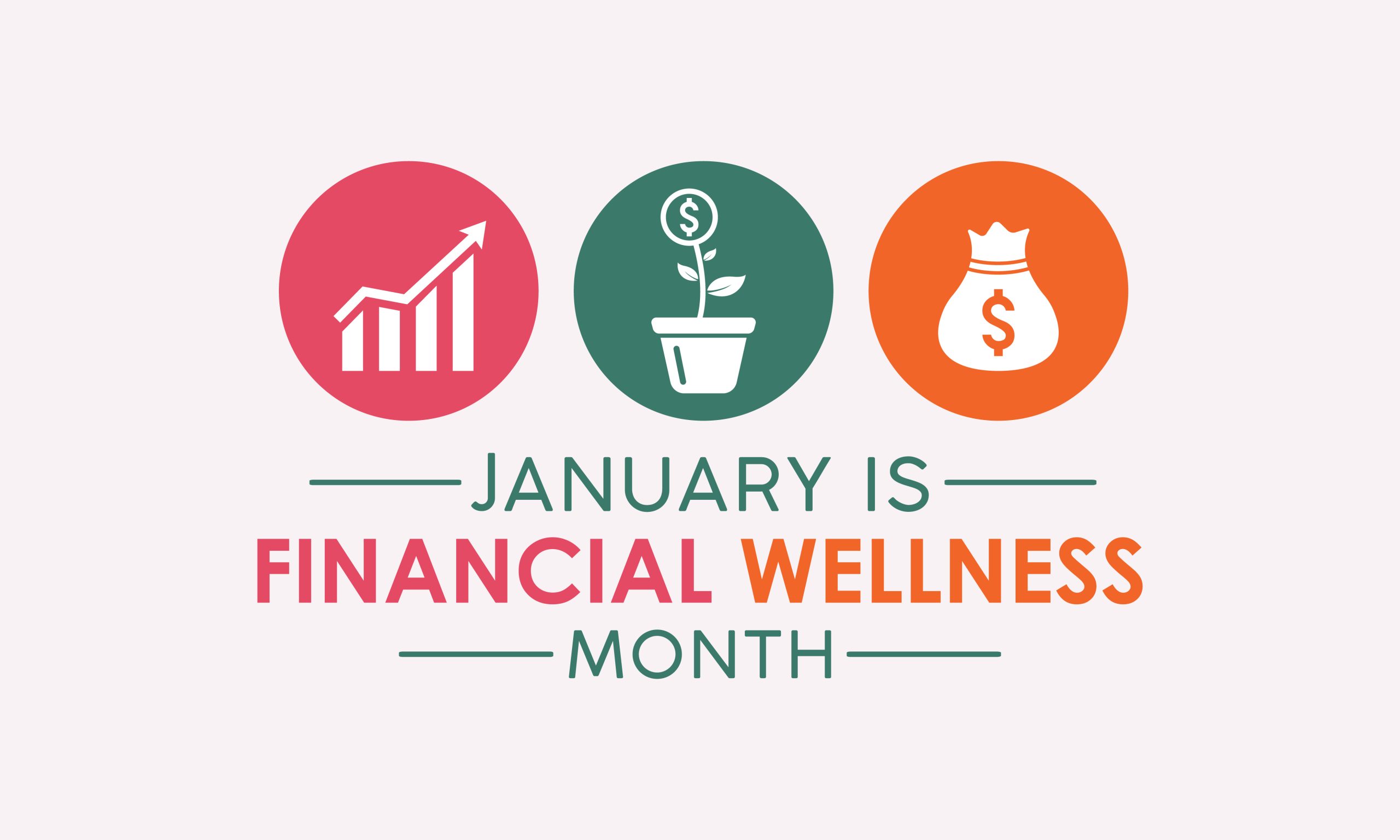Saving money should always be a priority, but even more so in today’s environment, where necessities such as food and gas are rising fast, and inflation is at its highest level in 40 years. Here are seven ways to save money, some of which can be implemented immediately. Note that some of these suggestions have end-of-year deadlines, so don’t delay.
Make Charitable Contributions Before Year-End
Blink a few times, and it will be 2023. Several end-of-year deadlines are rapidly approaching, meaning you need to act soon to get your financial house in order and take advantage of some tax-advantaged moves you can make before the calendar rolls over.
Many people are most generous at this time of year in supporting their favorite charities and causes. The deadline for contributions is December 31, 2022, but don’t wait until the final day to make your tax-deductible contributions. The brokerage firm Charles Schwab advises that some transactions – such as stock and mutual fund transfers – can take several weeks to process. If you have not already done so, it’s also a good time to develop your charitable mission, involve your family (including the kids), and identify the causes you want to support.
Think Twice Before Claiming Social Security Early
During the Great Recession of 2008-2009, many older workers dealing with job losses chose to start collecting their Social Security benefits before reaching full retirement age. At the beginning of COVID-19 in early 2020, many economists predicted that it might happen again. But new research shows that was not the case. According to the Center for Retirement Research at Boston College, generous unemployment benefits and a booming stock market (after an initial slump) led to a slight decline in early claims. Remember, each year someone waits after first being eligible to claim Social Security results in a permanent increase of about 8 percent. A retired worker who claims benefits at age 70 can earn up to 76 percent more each month than their colleague who begins collecting at age 62.
Take Advantage of the Upside of High Inflation
From the every-cloud-has-a-silver-lining file: the IRS wants to help you save for retirement. The maximum amount you’ll be able to contribute to your 401(k) account in 2023 has increased by nearly 10 percent. The IRS announced last month that employees could contribute up to $22,500 a year in 2023, up from $20,500 in 2022. That also applies to 403(b) and other tax-advantaged retirement plans. Catch-up contributions for workers 50 and older will increase to $7,500 (up from $6,500). In addition, Social Security recipients will receive an 8.7 percent cost-of-living adjustment (COLA) next year. That’s the largest COLA bump since 1981!
Appeal Large Health Bills
If you have health insurance – through an employer, private insurance, or Medicare Advantage plan – you probably feel pretty well protected against a large doctor or hospital bill. But that could be a false sense of security, as an estimated 20-to-30 percent of all claims get rejected. That’s the bad news.
The good news is that you can and should appeal denials. According to the Inspector General’s Office at the Department of Health and Human Services, three out of four claim denials are overturned upon appeal. Sometimes it’s as easy as a follow-up phone call to your insurer to find out why the claim was rejected. It could be a simple mistake. Other times it involves a more tedious drawn-out process that involves filing an official appeal. But the cost savings can be huge if you win. Ask your doctor for help, hire a patient advocate, or seek assistance from your state’s health insurance assistance programs (especially if you’re on Medicare).
Apply for Student Loan Forgiveness
Student loan debt in the U.S. totals a staggering $1.6 trillion. Recent grads in their 20s and 30s shoulder most of that burden, but many seniors still pay off their college degrees or the loans they took to pay for their kids to graduate. According to the Federal Reserve Bank of New York, people over age 50 owe $383 billion, almost one-quarter of the total debt. In many ways, this debt is even more burdensome than it is for Millennials and Gen-Xers. It is forcing many seniors to delay retirement.
Many individuals are eligible for national and state forgiveness programs or state repayment plans. President Biden has announced a plan to forgive up to $10,000 in student debt for individuals earning less than $125,000 or $250,000 for married couples. The Biden plan also calls for an additional $10,000 in relief for Pell Grant borrowers. However, at the time of this writing, a Federal court blocked the Biden plan and the Supreme Court agreed to hear the case, blocking the plan from being implemented for now. So this opportunity is one to watch.
Get a Tax Break for Going Green
Looking ahead to next year, the Inflation Reduction Act expands the tax incentives for going green. Homeowners will be eligible for a tax credit for up to 30 percent of the work to install specific energy-efficient improvements, including adding insulation, replacing windows and doors, as well as certain biomass stoves and boilers, electric panels, and other equipment. There will be a $1,200 annual limit on the credit, but it can be used in more than one year. Some of these tax breaks kick in next year (2023), while others don’t take effect until 2024. The bill also provides a tax credit of up to $7,500 for people who buy new electric vehicles. Used vehicles qualify for a credit of up to $4,000. Eligibility varies a bit depending on the year you make the purchase, the cost of the vehicle, and your income. These programs allow you to save the planet at the same time you save some money.
Save Money on Hearing Aids
There are several developments to help people suffering from hearing loss who don’t want to spend the big bucks on expensive hearing aids. Effective last month, you can purchase over-the-counter hearing aids at major retailers, including CVS, Walgreens, and Best Buy. The FDA approved their sale for people experiencing mild to moderate hearing loss, and they cost a lot less than prescription hearing aids. And if you want to test out what it’s like to use hearing aids, you can try a free app. EarMachine allows you to use your mobile phone and wired headphones to hear sounds and frequencies you’ve had trouble hearing. The project is funded by the National Institutes of Health. There are also sound amplifier apps that can be downloaded to your phone.
These are just some of the many ways you can save money every day. If you’re looking to save more significantly, reach out to a financial planner who can help you assess your cash flow and review your savings goals. A written financial plan is the best way to ensure long-term financial independence.



